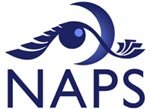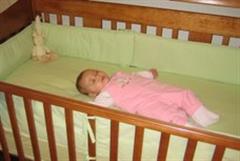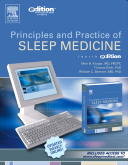NTSB: Air controller fatigue contributed to 4 mishaps
It's about sweet time someone thinks it's a good idea to encourage more rest to increase alertness for air traffic controllers (ATC). The National Transportation Safety Board (NTSB) thinks so and sent a letter to the Federal Aviation Administration (FAA) following an investigation of the crash of Comair flight 5191 in Lexington, KY August 27 after the plane had been cleared for take off by an ATC working alone in the control tower while on his second shift in 24 hours.
In 2002, the FAA distributed self-study materials addressing shift work and fatigue to all air traffic control specialists (1), but perhaps structured naps and better schedules for ATCs as well as pilots would make sense. Common sense if you ask me. (If you dare, remind me to tell you sometime about the interview I did with a pilot in an airport restaurant. I asked him if there were any mechanisms in place for him to rest before a flight should he feel too sleepy to fly a plane, for whatever HUMAN reason... I warn you, this one will bother you if you fly).
When will society ever embrace that humans are not machines? I mean, seriously, what would be the downside of installing some of those nap pods in airports in pilot lounges or in ATC towers for scheduled rest periods? Ok, I'll get off the soapbox now.
Highlights of the NTSB/ FAA story released yesterday include:
- Investigators want FAA to revise schedules so air traffic controllers get more sleep
- Fatigued air traffic controllers contributed to four recent mishaps, investigators say
- FAA will look at scheduling practices in light of NTSB recommendation
- Fatigue may have played a role in last year's Comair crash that killed 49









